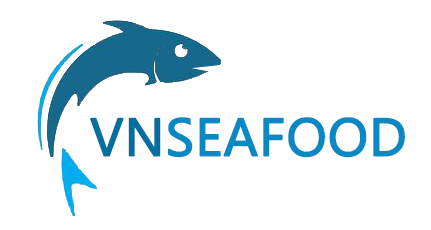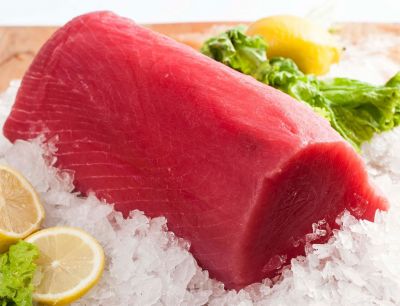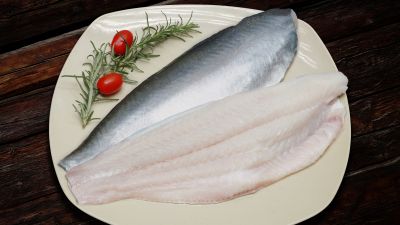Vietnam’s Squid and Octopus Exports to Korea Maintain Strong Growth in 2024
In the first half of 2024, Vietnam’s squid and octopus exports to South Korea reached a notable $114 million, reflecting a 13% increase compared to the same period last year. This growth trend extended into the second quarter, with exports totaling $58 million, also up 13% year-on-year. The consistent upward momentum observed across all three months of Q2, particularly in May and June, where double-digit growth was recorded, underscores the continued demand for Vietnamese seafood in the Korean market.
Key Drivers of Growth
Several factors have contributed to this robust performance. One of the primary drivers has been the stable demand for squid and octopus in South Korea during the first six months of 2024. Concurrently, South Korea has reduced its seafood imports from traditional suppliers like Japan, China, and Peru, leading to an increase in imports from Vietnam. The reduction in imports from Japan can be attributed to the fallout from Japan’s nuclear wastewater discharge, which has dampened Korea’s appetite for Japanese seafood products. Meanwhile, China's ongoing ban on seafood imports from Japan has led to a shortage of processing materials, subsequently decreasing the supply of squid and octopus from China to South Korea.
These market dynamics have positioned Vietnam as a key alternative supplier, and it is anticipated that Vietnam's squid and octopus exports to South Korea will continue to experience positive growth in the coming months of 2024, particularly as the ban on importing Japanese seafood into China remains in place.
Export Composition and Market Trends
Vietnam Customs data reveals that octopus is the primary export product to the Korean market, accounting for 71.9% of Vietnam’s total squid and octopus exports in the first half of 2024. Of this, a significant portion—68%—comprises dried, salted, live, fresh, or frozen octopus, which has seen an 18% increase in export value. In contrast, exports of processed octopus (HS 16) have declined by 15% over the same period.
Interestingly, octopus exports have demonstrated stronger growth than squid during this period. While exports of processed squid and dried/grilled squid products have surged with double-digit growth, the exports of fresh and frozen squid have experienced a slight decline of 4%. The most common products imported by South Korea from Vietnam include frozen octopus, frozen cut octopus, frozen cleaned whole octopus, skinned dried squid, and frozen button squid.
Price Trends and Competitive Position
In terms of pricing, the average price of Vietnam’s octopus exports to South Korea has remained relatively stable, unlike squid, where prices have shown a downward trend during Q2 2024. This stability in octopus pricing may reflect the steady demand and preference for these products in the Korean market.
Data from the International Trade Centre (ITC) highlights that South Korea’s total squid and octopus imports from various countries amounted to $494 million in the first half of 2024, a slight 3% decrease compared to the previous year. Within this market, Vietnam ranks as the second-largest supplier, following China. Together, China and Vietnam dominate the market, accounting for 46% and 24% of South Korea's total import value for these products, respectively.
Despite a general decline in seafood imports from Peru, both China and Vietnam have managed to increase their exports of squid and octopus to South Korea. This is particularly notable given the competitive landscape and shifting supply dynamics due to geopolitical and environmental factors.
Market Outlook for 2024
Looking ahead, the prospects for Vietnam’s squid and octopus exports to South Korea remain favorable. The Korean seafood market is expected to experience a resurgence in imports throughout 2024, driven by the anticipated recovery of the Korean economy. By the end of the year, South Korea’s domestic currency is projected to strengthen, which could further boost import activity.
Additionally, there is a growing demand in South Korea for cooked, processed, and preserved foods, reflecting broader shifts in consumer preferences and lifestyle changes. This trend could serve as a positive indicator for continued growth in Vietnam’s seafood exports, particularly in the categories of squid and octopus, where Vietnam has established a strong foothold.
In summary, Vietnam’s squid and octopus exports to South Korea are on a solid growth trajectory, supported by favorable market conditions, competitive pricing, and a strategic position within the global seafood supply chain. As 2024 progresses, Vietnam’s seafood industry is well-positioned to capitalize on these opportunities, ensuring continued success in the Korean market.
Source: VASEP





